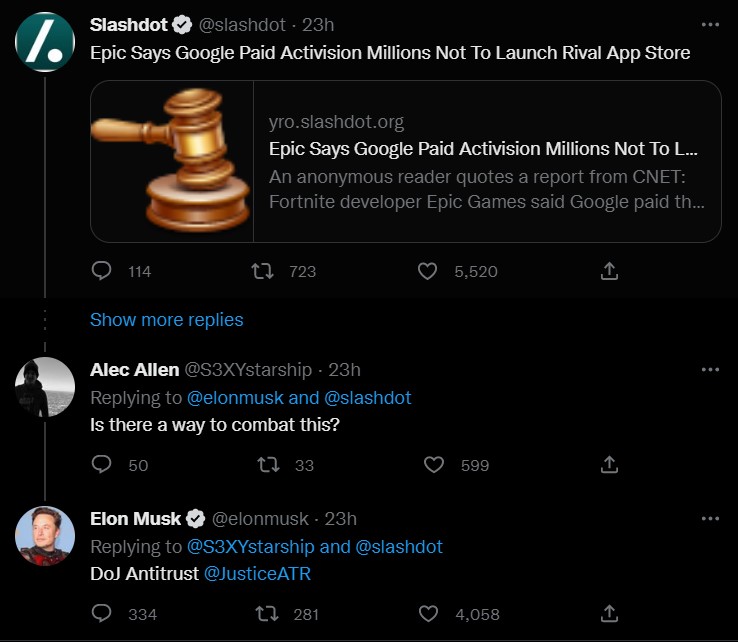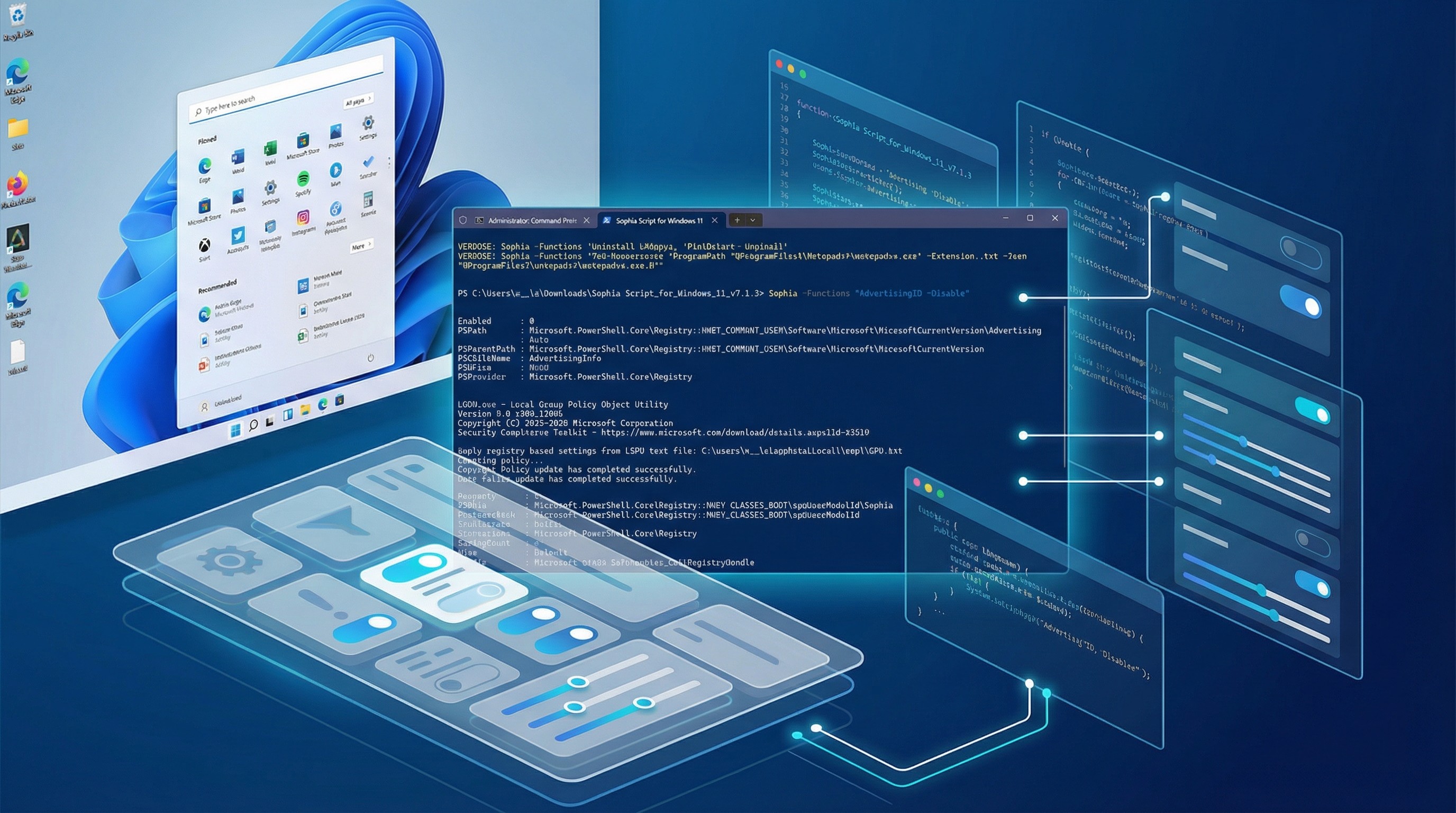Microsoft's Windows Phone revenge: building a competing mobile app and game store
Google Play may have some actual competition soon.
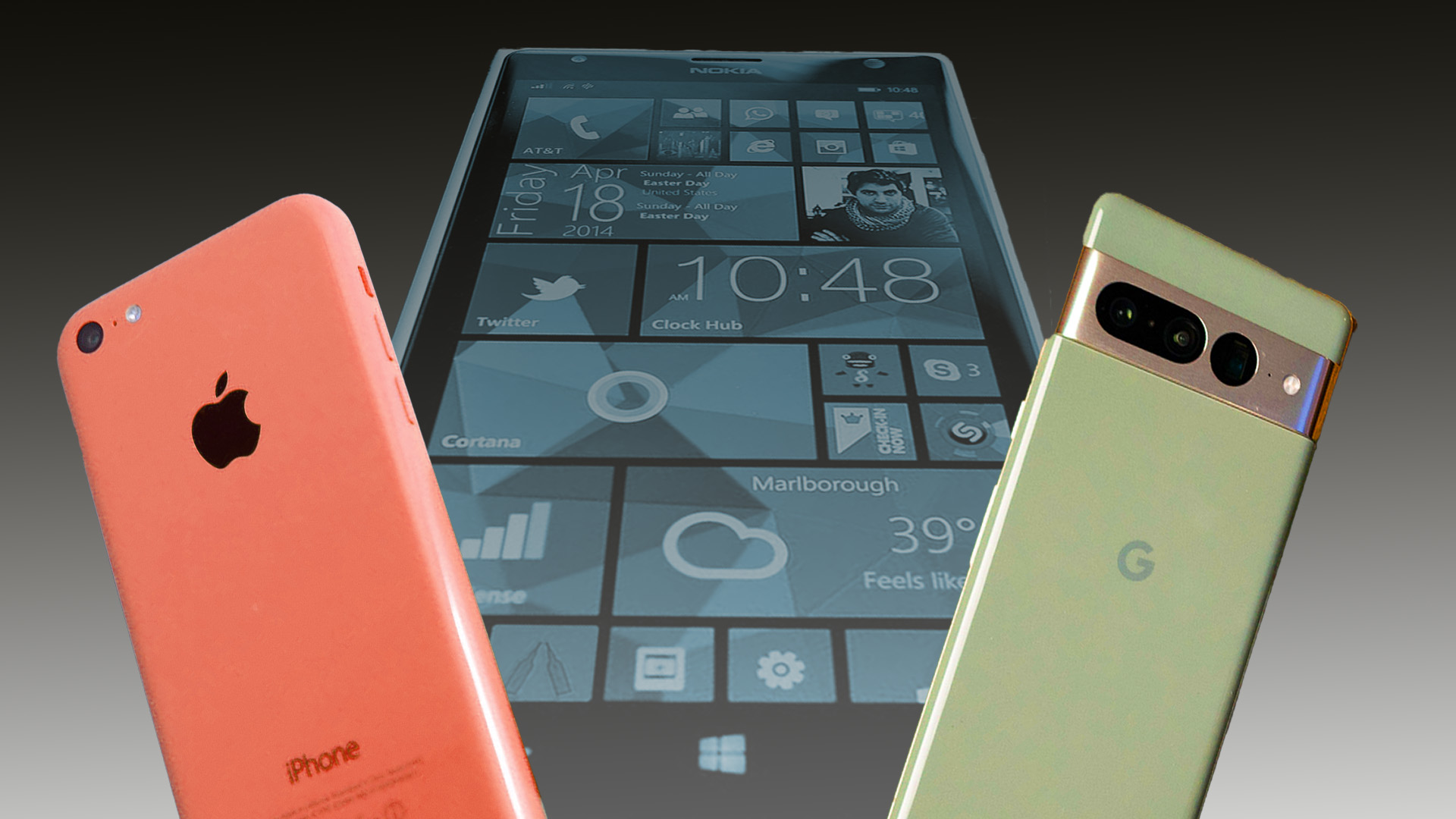
All the latest news, reviews, and guides for Windows and Xbox diehards.
You are now subscribed
Your newsletter sign-up was successful
With Windows Phone sadly confined to the history books, Microsoft's mobility efforts live on in Surface tablets, mobile apps, and their very own Android phone range in the form of the Surface Duo 2. However, without a third option in the mobile space, iOS and Google have been able to preside over a nefarious duopoly that actively stifles competition, while driving up prices for both developers and consumers.
Long-time readers of Windows Central doubtless recall how tirelessly Google worked to undermine and stifle the Windows Phone platform. Google arbitrarily restricted access to its APIs, blocking Microsoft and third-party developers from making Windows Phone versions of its apps. Notoriously, Microsoft built a YouTube client in partnership with Google, until the company randomly decided that Microsoft's YouTube app "violated" its API rules, leading to native YouTube access effectively ending on Windows Phone. This bad faith anti-competitive behavior is not beneath Google (e.g. no ARM version of the Chrome browser for Windows 11), as we all know, and they've endured billions in fines across the world for these sorts of practices. Still, they succeeded in contributing to the death of Windows Phone, effectively cementing their monopoly over low-cost smartphones for now and the near future.
Microsoft may be gearing up to get its revenge, though. Say hi to the Xbox Store for mobile.
Ending the Apple Google Duopoly
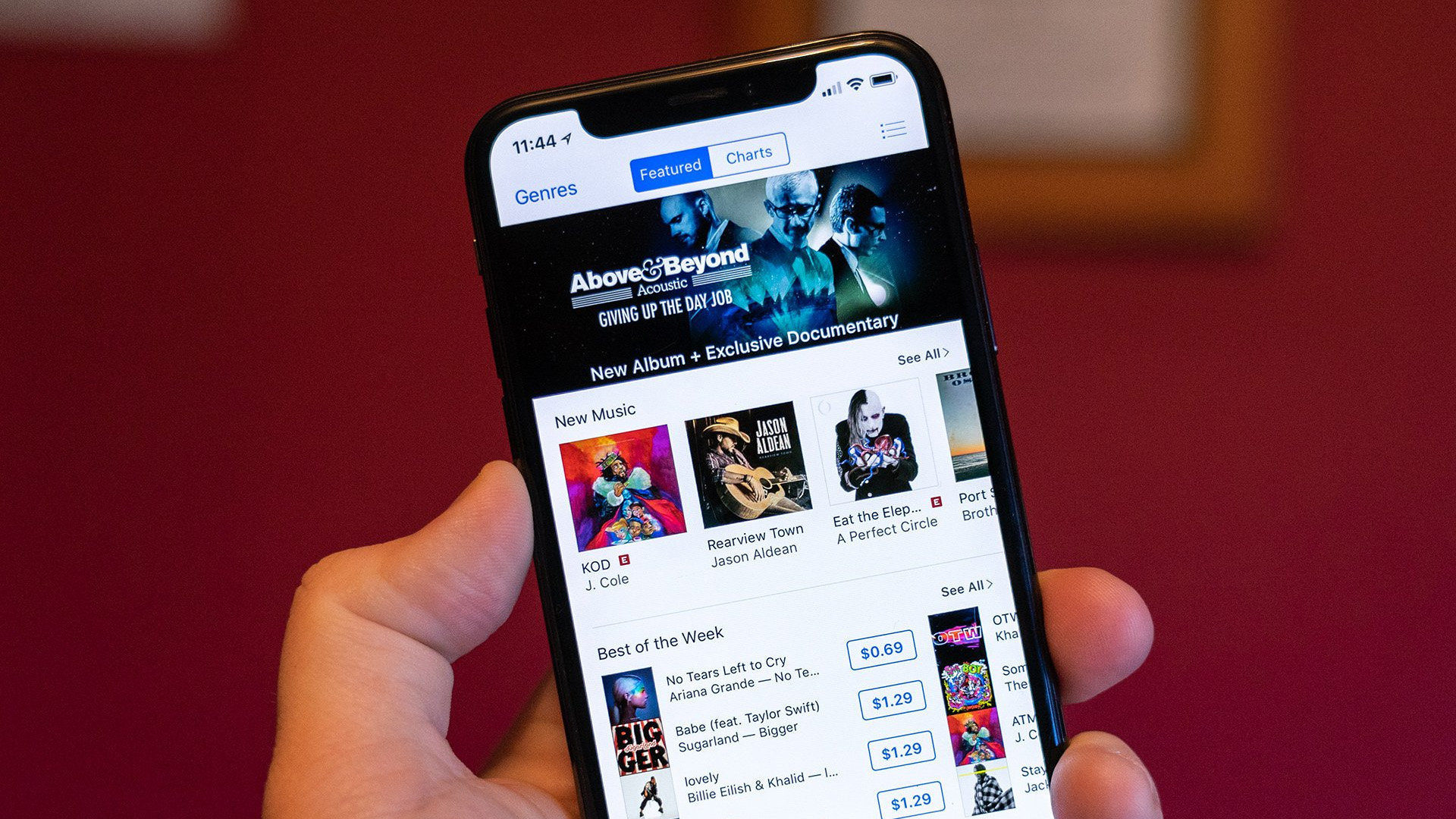
Increasingly, the Google-Apple duopoly is coming under scrutiny. The UK CMA just announced today that it is investigating Apple for blocking Xbox Game Pass and other streaming services. Epic Games is fighting a very nasty court battle in the U.S. over Apple's app store rules. Apple stipulates that a whopping 30% of all third-party app store profits go direct to Apple, despite the fact they have little to no involvement in those products. Apple also doesn't allow users of its phones to use third-party app stores or even sideload apps without aggressive jailbreaking, which most users simply aren't going to do.
Epic Games attempted to circumnavigate Apple's rules with its industry-leading battle royale shooter Fortnite. Apple responded by banning the app. Similarly, Apple also blocks Xbox Game Pass on iPhones because it anti-competitively doesn't want to see Microsoft's high-value subscription service take eyeballs away from its army of low-quality gambling-oriented pay-to-win mobile games that are a constant source of free cash, at the expense of users and developers both.
Google allows Xbox Game Pass on its platform, but it isn't much better overall. Google similarly blocked Fortnite when Epic implemented its own payment system into the game and has been accused by Epic of paying bribes to Activision-Blizzard to stop them from building their own mobile app store — something Activision denies.
There are potentially billions of dollars at stake in the mobile game wars. Titles like Diablo Immortal, Minecraft, Call of Duty Mobile, and Roblox are making cash hand over fist across iOS and Android, owing to the ease of access afforded by mobile. However, a huge portion of these profits aren't going to developers and creators, they're going straight into Apple and Google's pockets. On Windows, developers can put their titles on a vast variety of platforms which all compete on what cuts are taken. The Microsoft Store slashed its cut for apps and games a little while ago, as did Steam, faced with competition from the Epic Store. This is how competition is supposed to function — and Google and Apple don't like that. But Microsoft, Epic Games, and others, are working to crack this duopoly.
All the latest news, reviews, and guides for Windows and Xbox diehards.
Microsoft has already developed an Android subsystem for Windows and has partnered with Amazon to bring an alternative Android provision to Windows 11. Windows 11, unlike iOS, is a fully open platform that allows competing stores to co-exist with the Microsoft Store for free.
Google allows some of its Android OEMs to install their own app stores and services, which is why we consider Android to provide the best phones for Windows users. Samsung has its Galaxy Store, for example, which is currently the only mobile app store where Epic Games' Fortnite is available since Samsung doesn't require such a hefty tax on publishers putting apps and games through its platform. And soon, it may be one of the only places where many of Activision-Blizzard's mobile games are available too.
Microsoft is exploring potentially making its very own Xbox Store for mobile games, according to comments it made to the UK competitions authority (CMA).
"The transaction will improve Microsoft’s ability to create a next generation game store which operates across a range of devices, including mobile as a result of the addition of Activision Blizzard’s content. Building on Activision Blizzard’s existing communities of gamers, Xbox will seek to scale the Xbox Store to mobile, attracting gamers to a new Xbox Mobile Platform." — Microsoft to the UK CMA.
There's a future where Microsoft and others team up to hand control back to users and developers in the process by forcing mobile platforms to become more open and Windows-like.
If Microsoft manages to land its Activision-Blizzard deal in 2023, it will give it command and control over major mobile titles like Candy Crush, Call of Duty Mobile, Diablo Immortal, and various other upcoming games in development. Microsoft's own Xbox Store for mobile could also become the home of Xbox Game Pass, which is arbitrarily blocked on iOS as we mentioned, and is restricted on Google Play due to Google's deep 30% tax on in-app purchases. Developers coming through Xbox Game Pass to Android can't monetize their games beyond the upfront payment, due to Google's rules. This stifles independent developers, chokes creative innovation, and it anti-competitively prevents alternative store provision on mobile.
Mobile gaming is incredibly lucrative, and Microsoft may soon have an incredibly popular portfolio of blockbuster mobile titles that will finally give it the power to challenge Google and Apple's dominance of mobile gaming. There's a future where Microsoft and others team up to hand control back to users and developers in the process by forcing mobile platforms to become more open and Windows-like.
Xbox: forging a better deal for developers
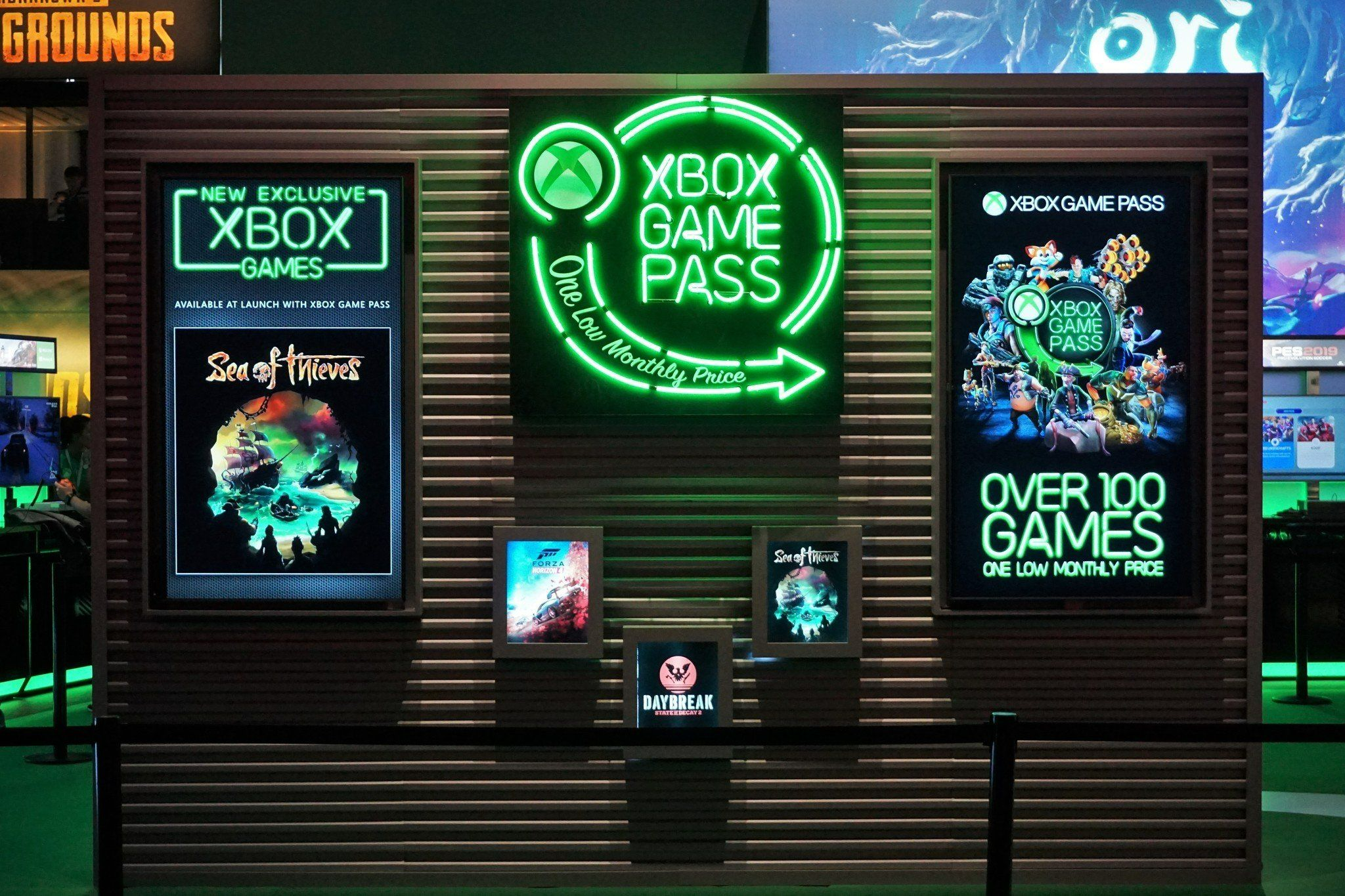
Recently, Microsoft Gaming CEO Phil Spencer said that Xbox will become "untenable" if it isn't able to expand to mobile. We all already have a phone; we all need a phone — we don't all need an Xbox or a gaming PC. And Microsoft knows this. Increasingly across the world, users are opting to save money by gaming with the devices they already have. As phones become more powerful, and the quality of mobile games improves, the value proposition of consoles is potentially shrinking. There will always be a market for video game consoles and gaming laptops and PCs, but it's complete folly to ignore the rise of quality mobile gaming as a genuine avenue for serious gaming. Moreover, its potential is being held back by Google and Apple's apathy toward the art of game creation, as they encourage toxic practices like gambling mechanics and pay-to-win that promote profits above all else. Traditional games barely cut through the swamp on mobile, and that's in part due to how Google and Apple have shaped their platforms.
What if there was another way? The very idea of a traditional video game publisher being able to bring their own app store to iOS or Android is tantalizing. Imagine a mobile gaming store that discredits gambling and pay-to-win, and instead focuses on quality experiences. Imagine a store that offers developers a bigger cut of their revenue to reinvest in their games and developers, as opposed to providing dividends for Apple and Google shareholders. Imagine a store that promotes independent games, and not just those with the cash to pay for Google Ads. These are things Microsoft seems to be working towards.
If I had to guess, Epic Games and Samsung are likely onboard to partner up. Given that Fortnite is already on the Samsung Galaxy app store and Xbox Cloud Gaming platform and given Microsoft's deep partnership with Samsung for integrating Microsoft services on Android. It makes total sense to me that there's a future where these companies team up to build a new type of mobile store that puts customers and developers first, rather than Apple and Google.
Glorious vengeance
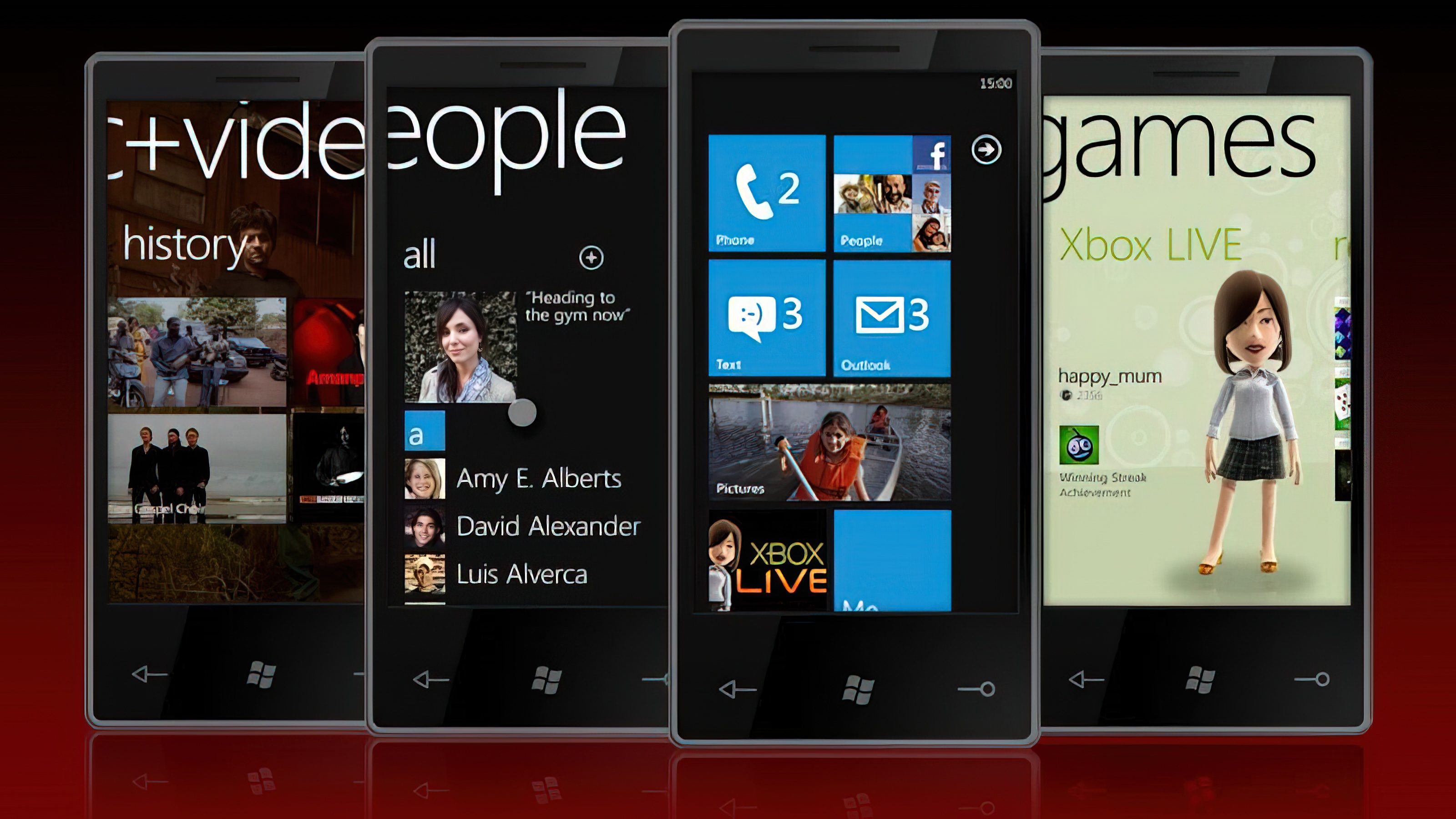
I'd be lying to suggest there isn't a degree of schadenfreude here for me. As someone who was burned by Google's monopolistic behavior during the Windows Phone, and as someone irritated by Apple's arbitrary block on Xbox Game Pass — nothing would give me greater joy than to see regulators force Google and Apple to allow installation of competing app stores in the out-of-box experience.
Microsoft and Epic Games promote a separate app store on Android and iOS that offers developers and consumers a better deal. Nothing would fill me with glee like seeing GeForce Now, Steam, Xbox Game Pass, PlayStation, Riot Games, Nintendo, and whoever else descend on mobile platforms with their own separate store provisions, promoting a traditional gaming ethos in what is quite honestly an untapped platform.
Google and Apple have created a very narrow market for the types of games and business models that can succeed on their platforms, despite the absolutely monstrous pervasiveness they both enjoy. It's time for the mobile platform duopoly to end, and for the ghost of Windows Phone to have its revenge. *spooky music*

Jez Corden is the Executive Editor at Windows Central, focusing primarily on all things Xbox and gaming. Jez is known for breaking exclusive news and analysis as relates to the Microsoft ecosystem — while being powered by tea. Follow on X.com/JezCorden and tune in to the XB2 Podcast, all about, you guessed it, Xbox!
